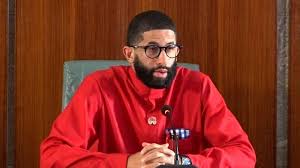Galvanizing Public and Private Stakeholders to Address Nigeria’s Food Crisis: Public Relations as a Key Driver

By Ishola Ayodele Nigeria’s escalating food crisis is not just a statistic; it’s a national emergency. With food inflation reaching a staggering 40.66% in May 2024 (National Bureau of Statistics, 2024) and the United Nations predicting a continuation of this trend, the time for reactive, short-term interventions is over. Hunger is no longer an issue of charity or welfare; it’s a ticking time bomb that threatens national security. Addressing complex issues like food insecurity demands collaboration among diverse stakeholders. Stakeholders are individuals, groups, or organizations that have a vested interest in, or are impacted by, the issue. In Nigeria’s food crisis, these stakeholders include small-scale farmers, corporations, government agencies, and NGOs. However, to fully understand their roles, it’s essential to differentiate between public and private stakeholders. Public stakeholders, such as government bodies and state institutions, represent the interests of society as a ...



